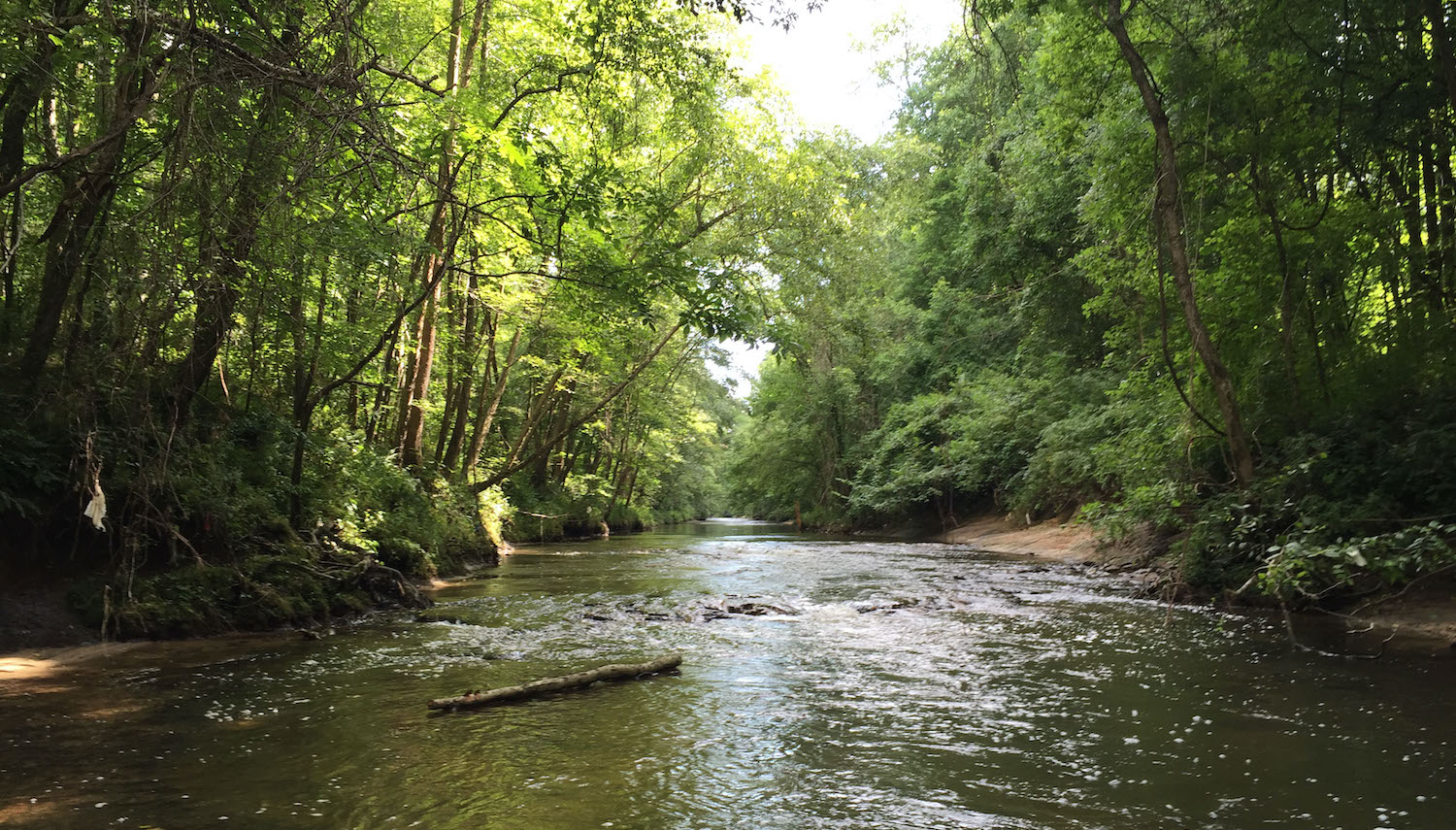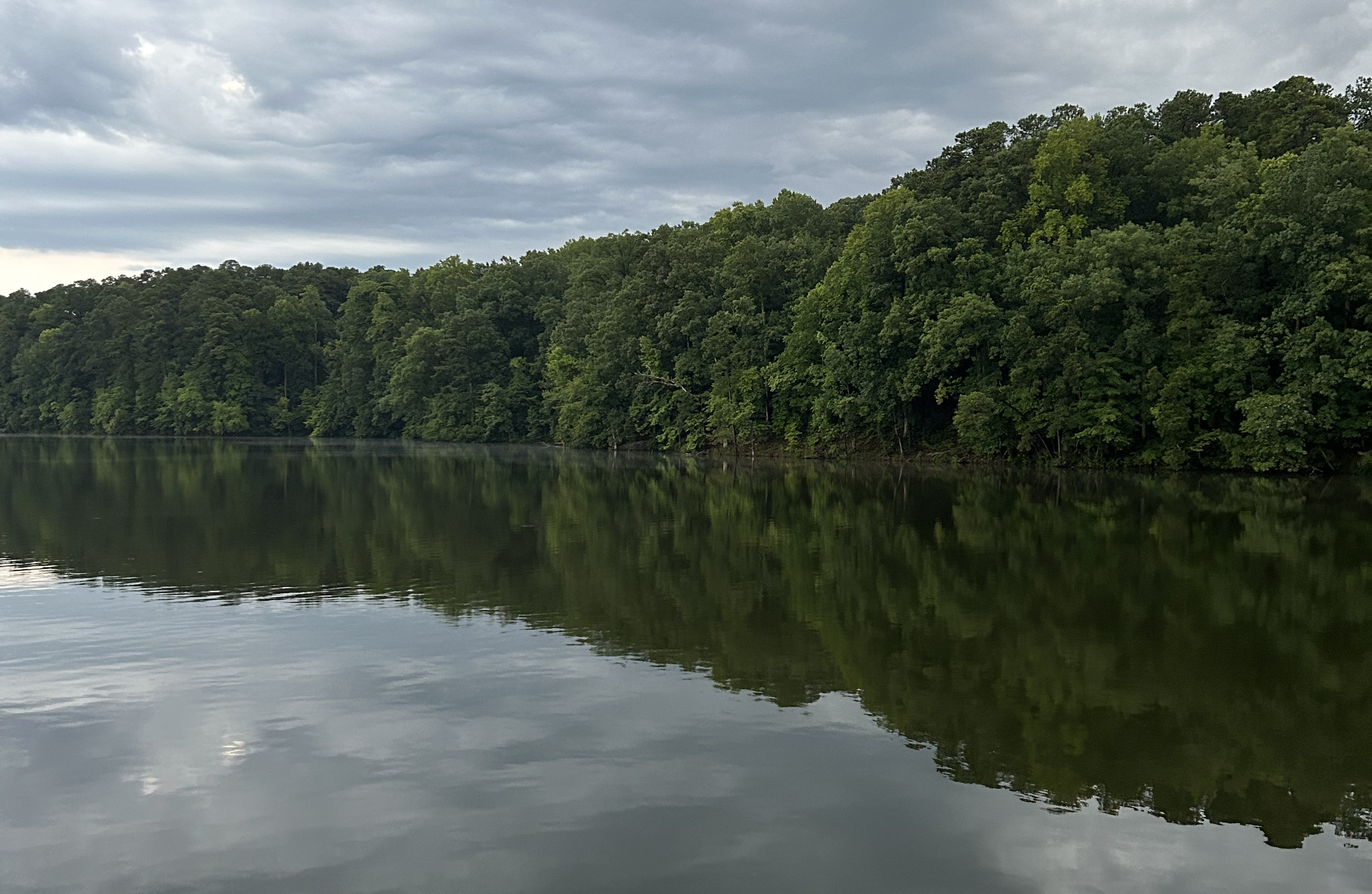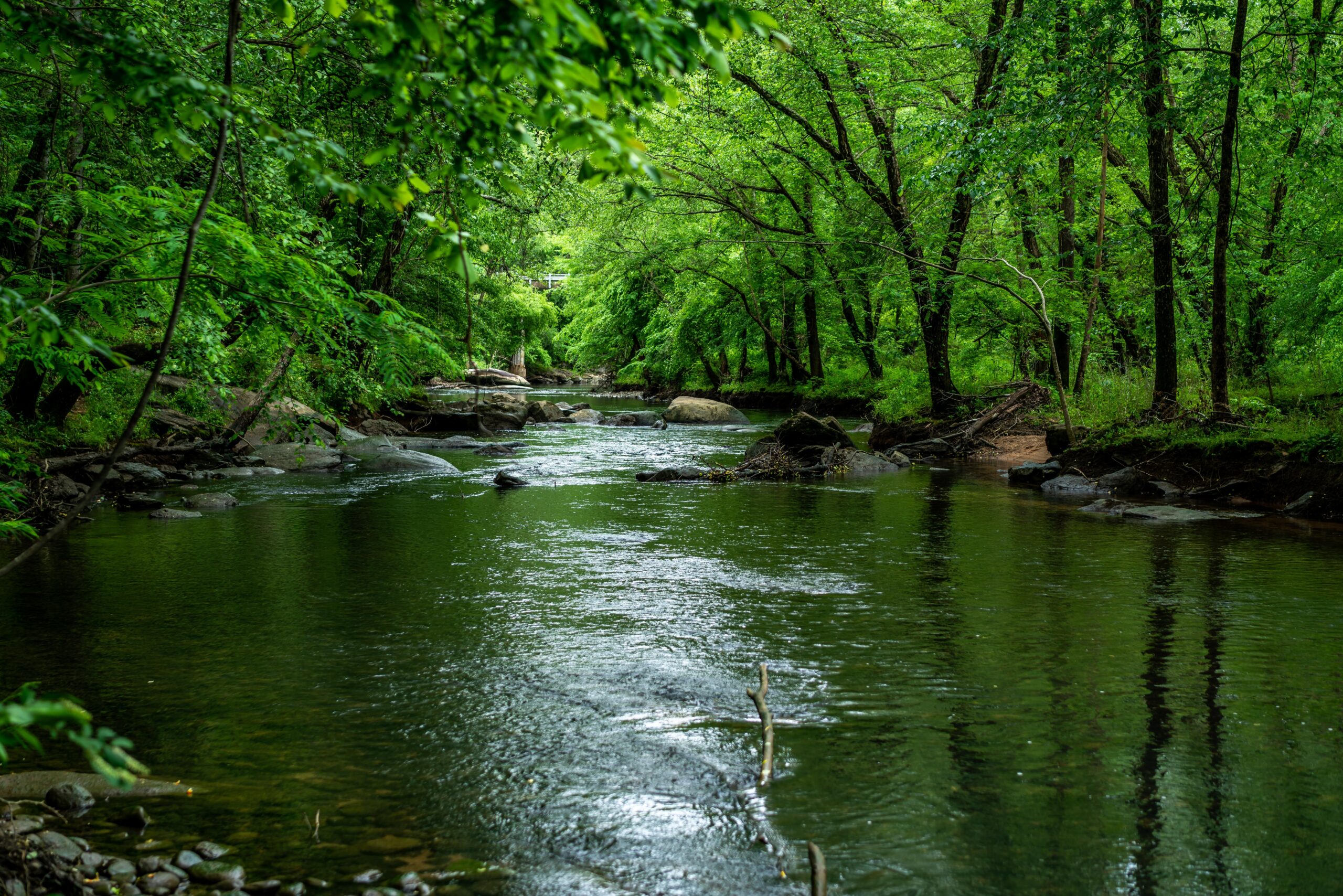Tips for STEM Students: Advice for Pursuing a Career in Science from WRRI’s Current Student Fellows
Interested in pursuing a career in the sciences, but not sure where to start? We asked our current student fellows for their top tips for STEM students.

Coming from a range of academic and professional backgrounds, these student fellows shared their recommendations for developing complementary skills, working between disciplines, and keeping the big picture in mind.
Learn to communicate effectively
Mary-Margaret Mckinney, a PhD student in the Integrated Coastal Studies program at East Carolina University and Director of Coastal Restoration for Native Shorelines, recommends that STEM students cultivate communications skills.
“My advice is to not focus solely on STEM. Learn to be a good writer and communicator, learn history and social sciences, and explore the arts. The more well-rounded a student you are, the more you can bring to your chosen field and the better you can communicate your discoveries to others,” recommends Mary-Margaret.
Developing your communication skills not only helps you to share your research findings in a way that is engaging and impactful—these skills also help you stand out as a scientist and researcher. As Mary-Margaret suggests, “Many people can excel at science and mathematics, but being able to share and communicate that knowledge with others is what can set you apart.”
Take advantage of opportunities that come your way
Autumn Robinson, a current PhD student in East Carolina University’s Interdisciplinary Doctoral Program in Biology, Biomedicine, and Chemistry, emphasizes the importance of taking advantage of STEM-related opportunities.
Autumn shares, “My advice for highschoolers interested in STEM is to take advantage of any STEM opportunities that come your way, whether it be classes you can take, clubs you can join, events you can attend or volunteer for at your local university or museum.”
Students should also consider reaching out to researchers and STEM professionals in their area for advice. “Don’t be afraid to email local researchers in your area,” recommends Autumn. “They are often eager to answer questions about what it’s like to work in STEM!”
Keep the big picture in mind
Students are often focused on their own career paths and personal successes, but Chideraa Ndubuisi, a physician currently pursuing a Masters in Epidemiology and a PhD in Infrastructure and Environmental Systems at UNC Charlotte, highlights the importance of taking a wider view.
“Keep in mind that your STEM path is about more than just yourself,” he advises. “It’s about making a positive impact on society.”
Chideraa emphasizes the fact that STEM students are uniquely positioned to have a positive impact on urgent problems facing the world today. As STEM students and scientists, you “have the opportunity to address some of the most important issues confronting our planet right now through your professions, which range from healthcare and technical advancement to environmental preservation and environmental change,” he shares.
Don’t be afraid of interdisciplinary collaboration
Echoing Mary-Margaret’s advice on the importance of communication, Bevin Hardy recommends that students lean into interdisciplinary collaboration. A PhD student in Anthropology at UNC Chapel Hill, Bevin’s research sits at the intersection of anthropology, environmental science, and environmental change.
“My perspective is heavily influenced by my interdisciplinary background, which has given me exposure to a variety of disciplines and perspectives,” says Bevin. “I highly recommend students in STEM to think beyond each discipline and work to be able to communicate across disciplines.”
According to Bevin, not only does interdisciplinary communication and collaboration lend itself to fruitful research, but it also can enhance the real-world impacts of scientific findings. “I truly believe this is how we can influence real change in research and in communities impacted by environmental change and other socio-environmental issues.”
Stay curious and keep asking questions
Jack Bear, a Graduate Research Assistant at UNC Chapel Hill, recommends that STEM students approach research with curiosity and an open mind.
While STEM fields often rely on hard data and meticulous research to advance scientific knowledge, imaginative leaps of thought and the ability to make new connections are often just as important. “Always ask questions, and don’t be afraid to innovate when you can. You never know what you’ll come up with,” advises Jack.
Learn more about our fellows
Our 2024 student fellows are conducting research on timely topics including the impacts of coastal flooding and environmental change in North Carolina, microplastics and wastewater treatment, perceptions of salt marshes, and more. Learn more about these researchers and their projects here, as well as other research supported by WRRI.
- Categories:



